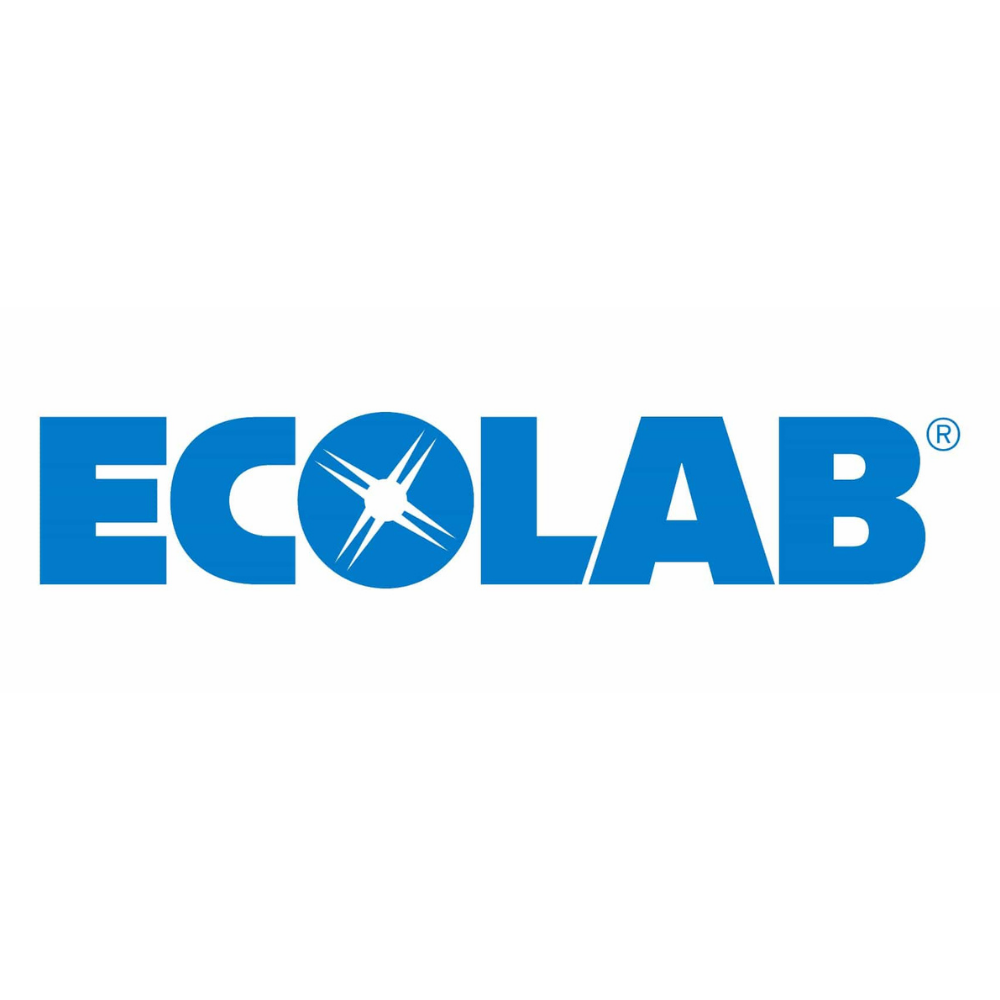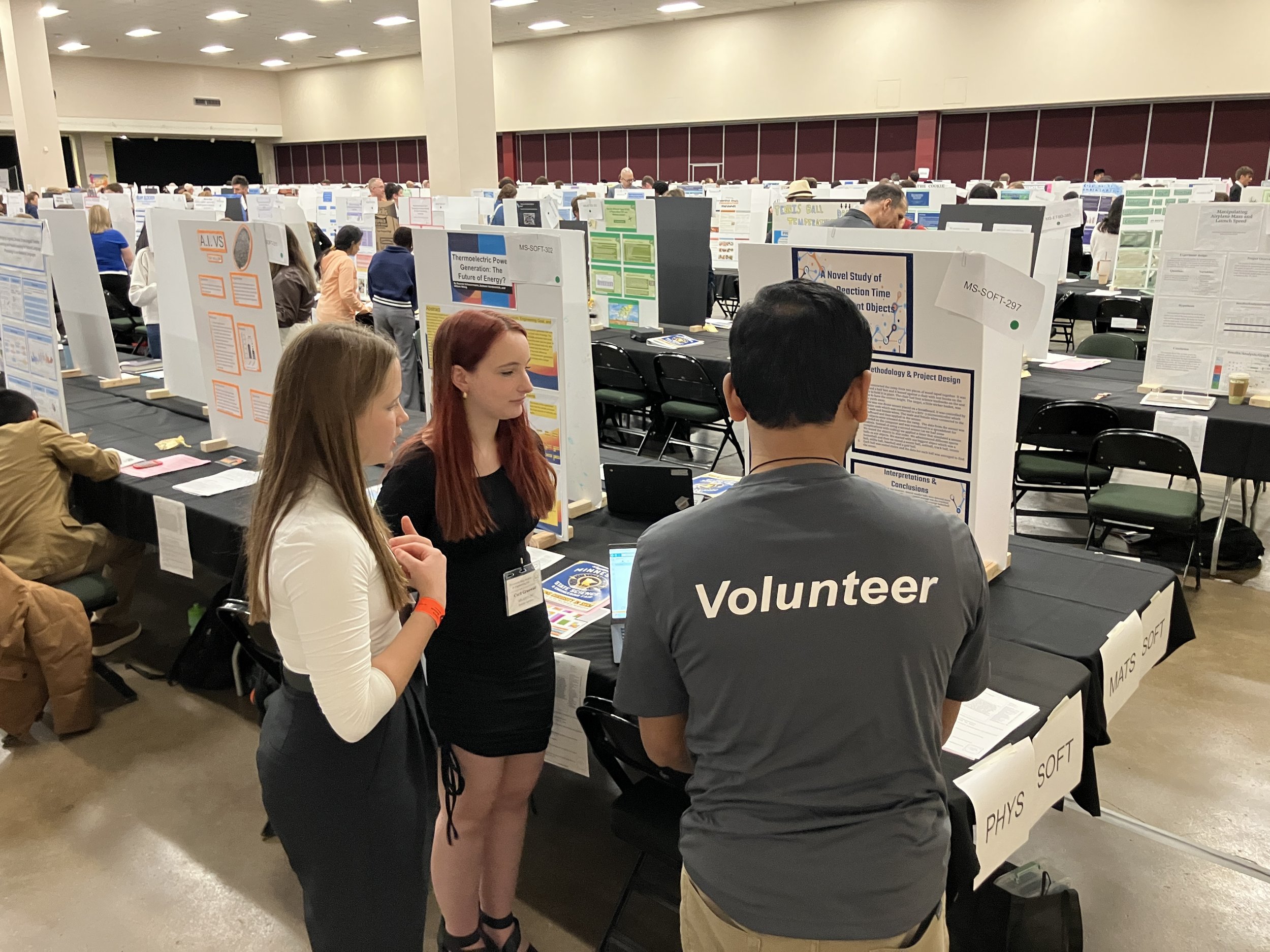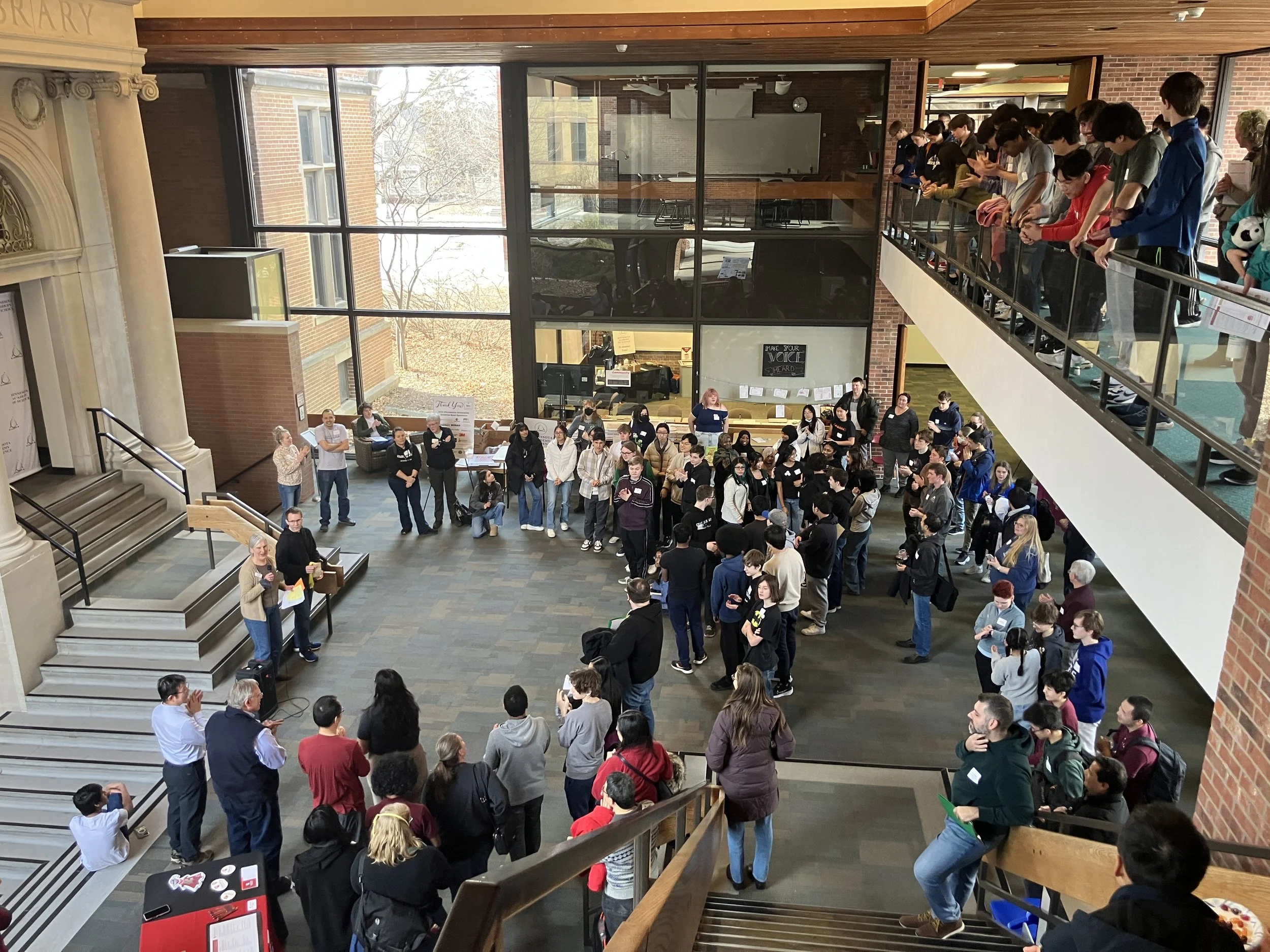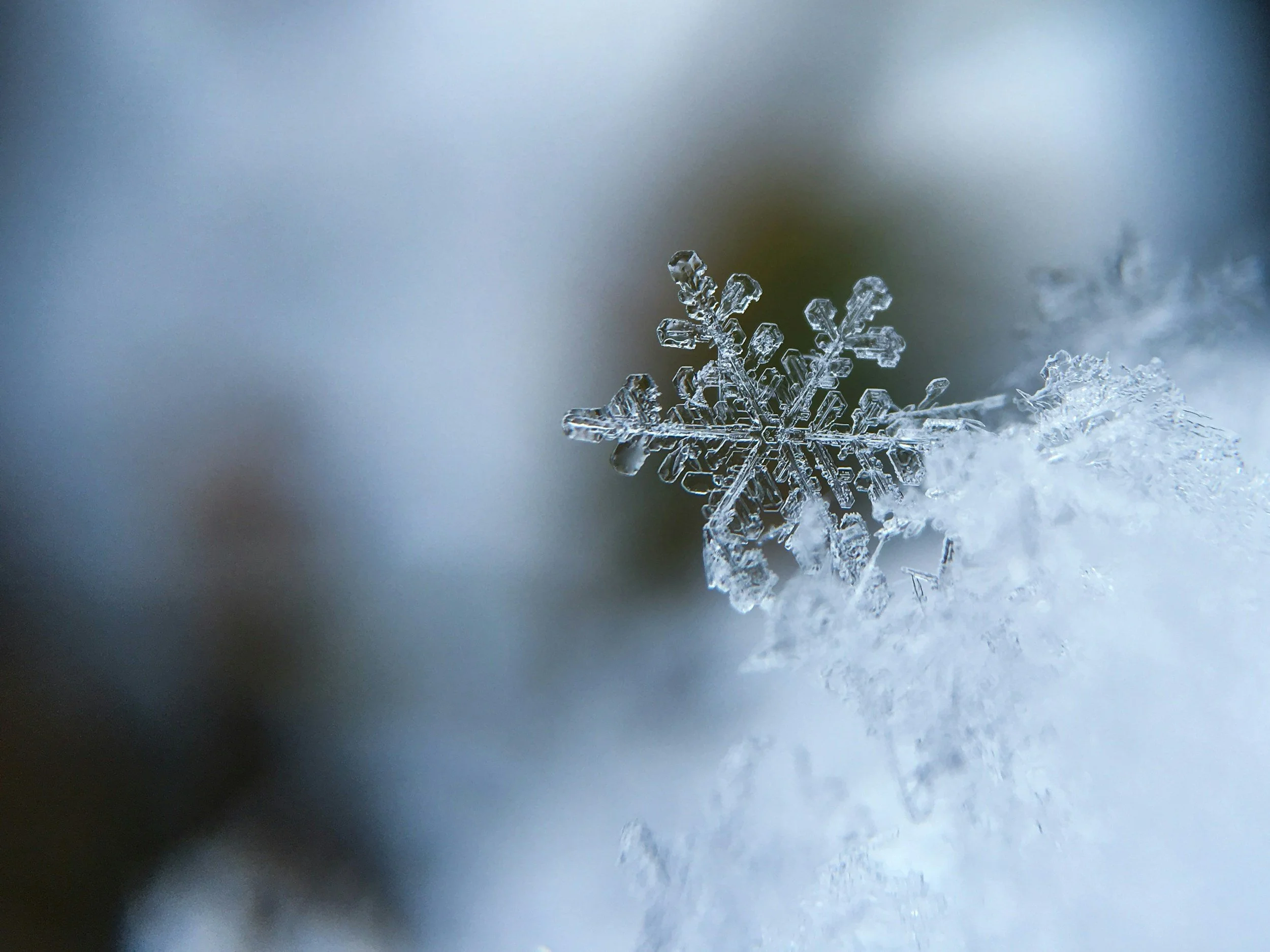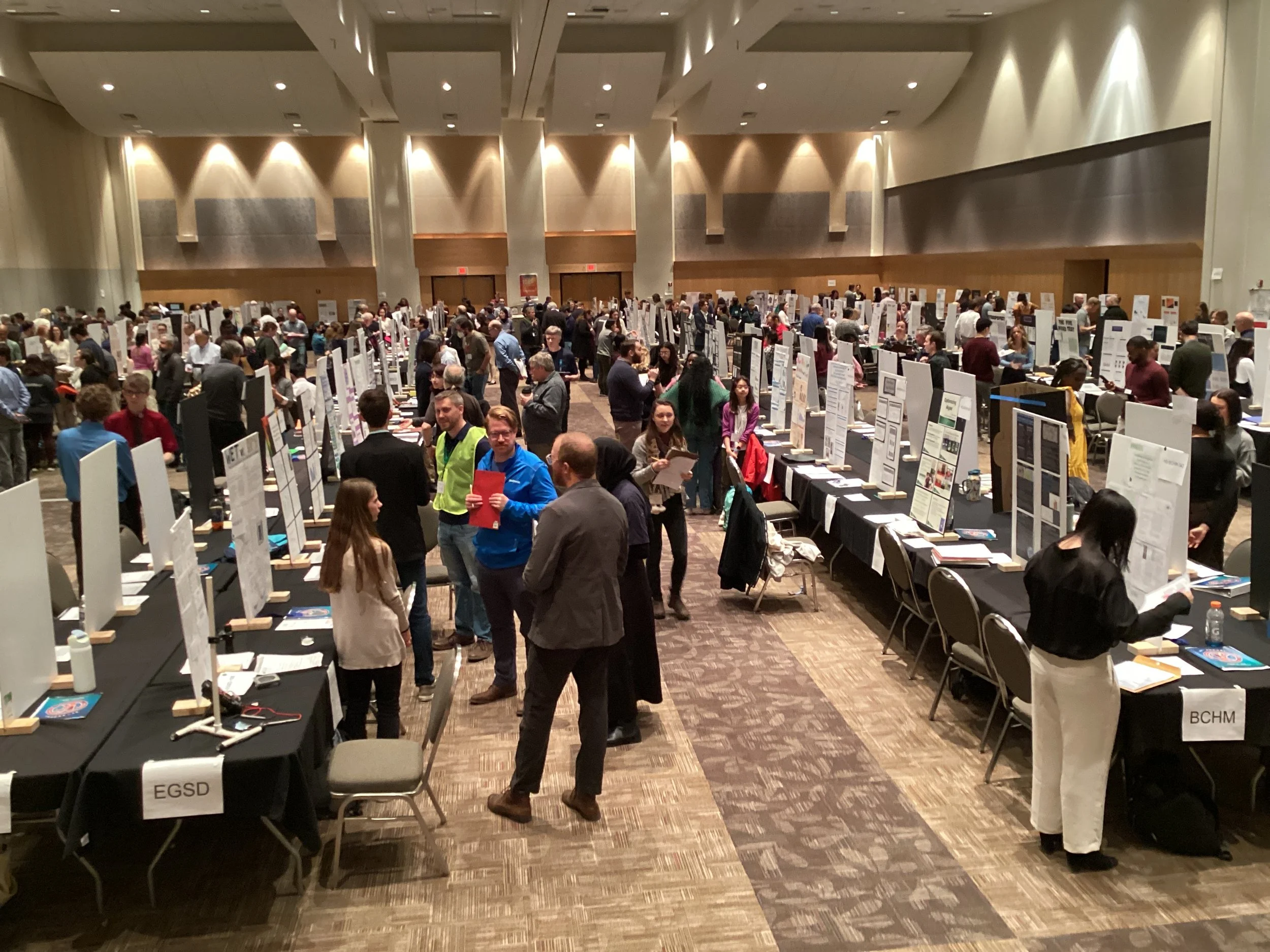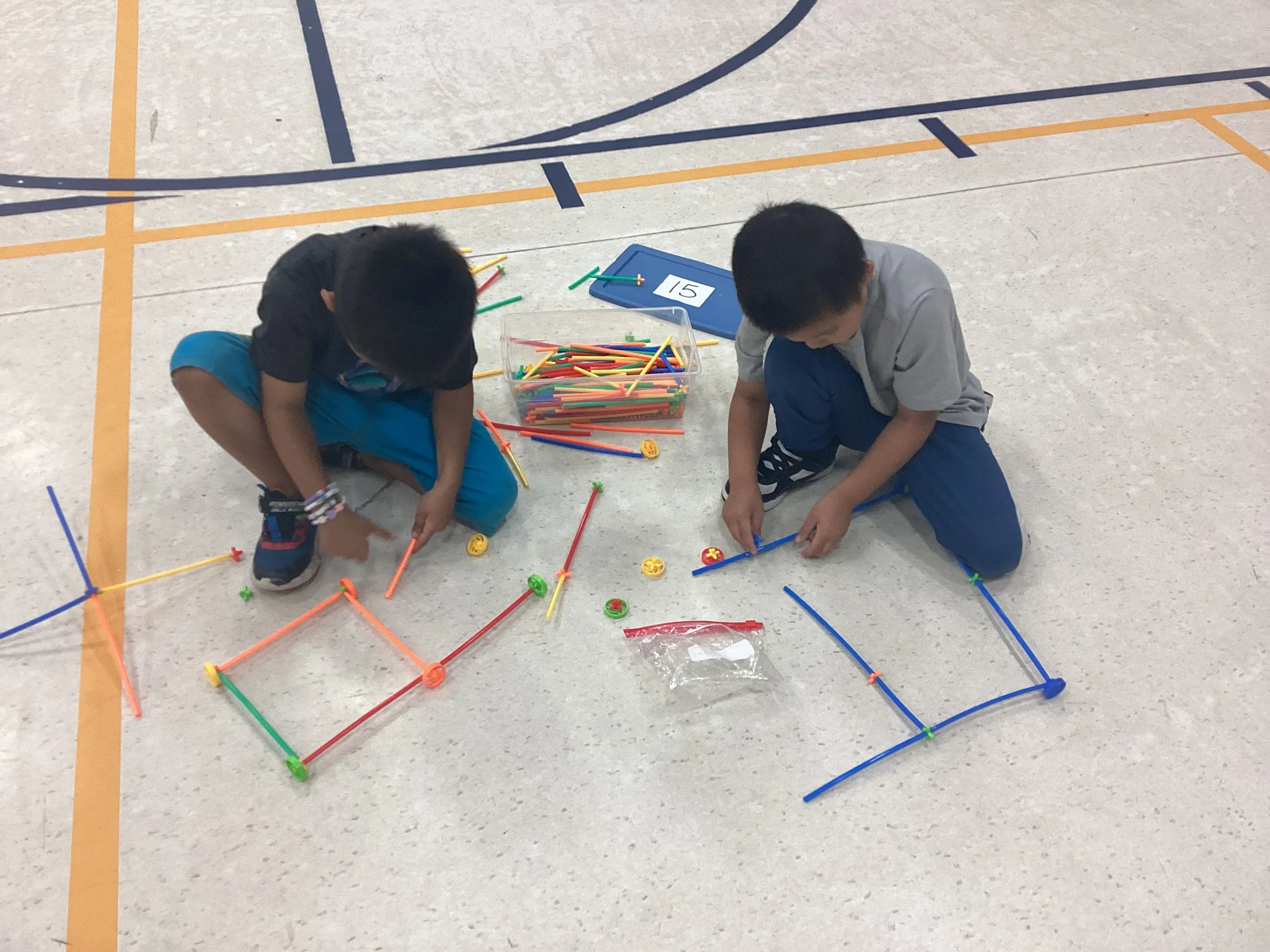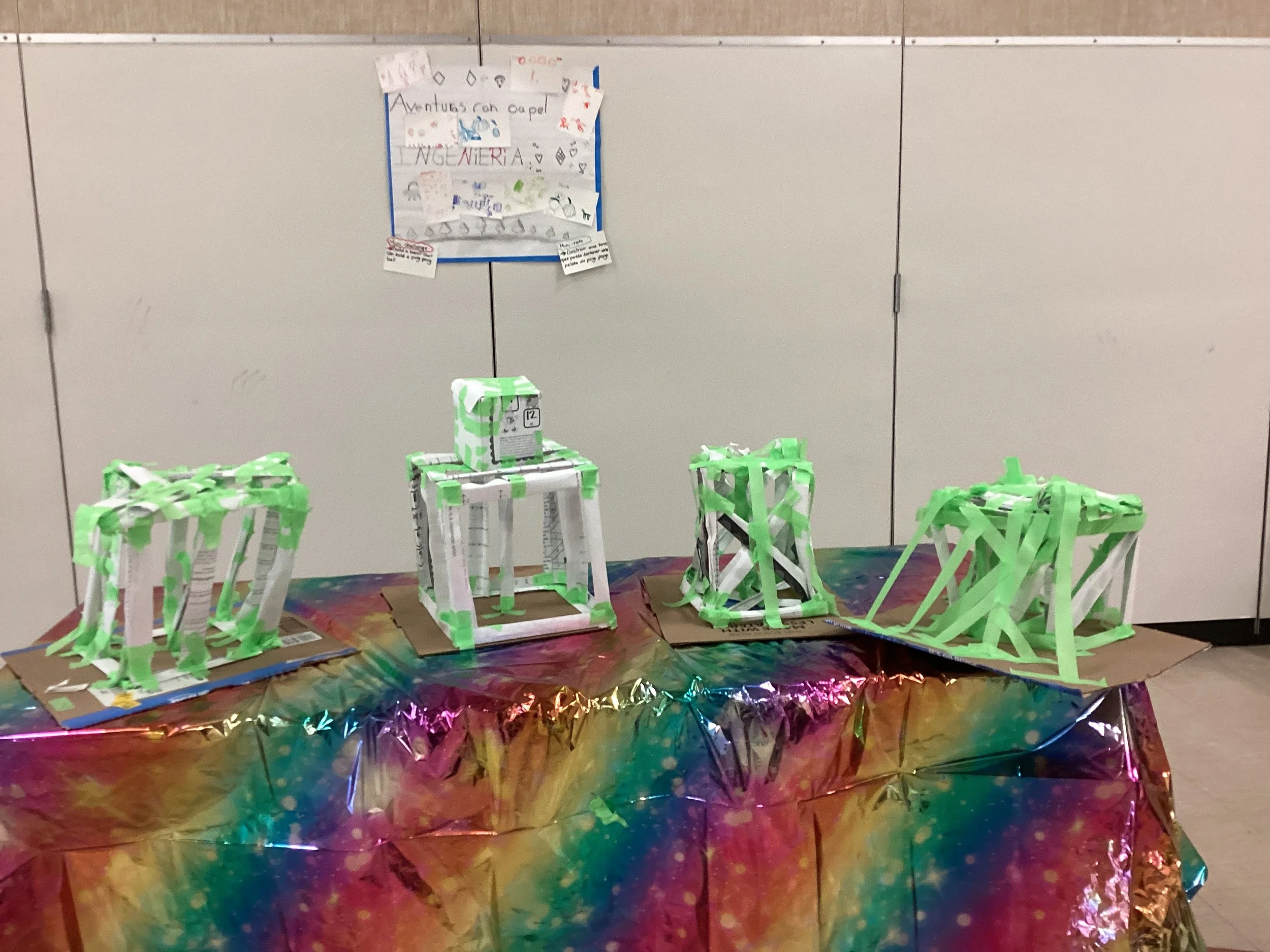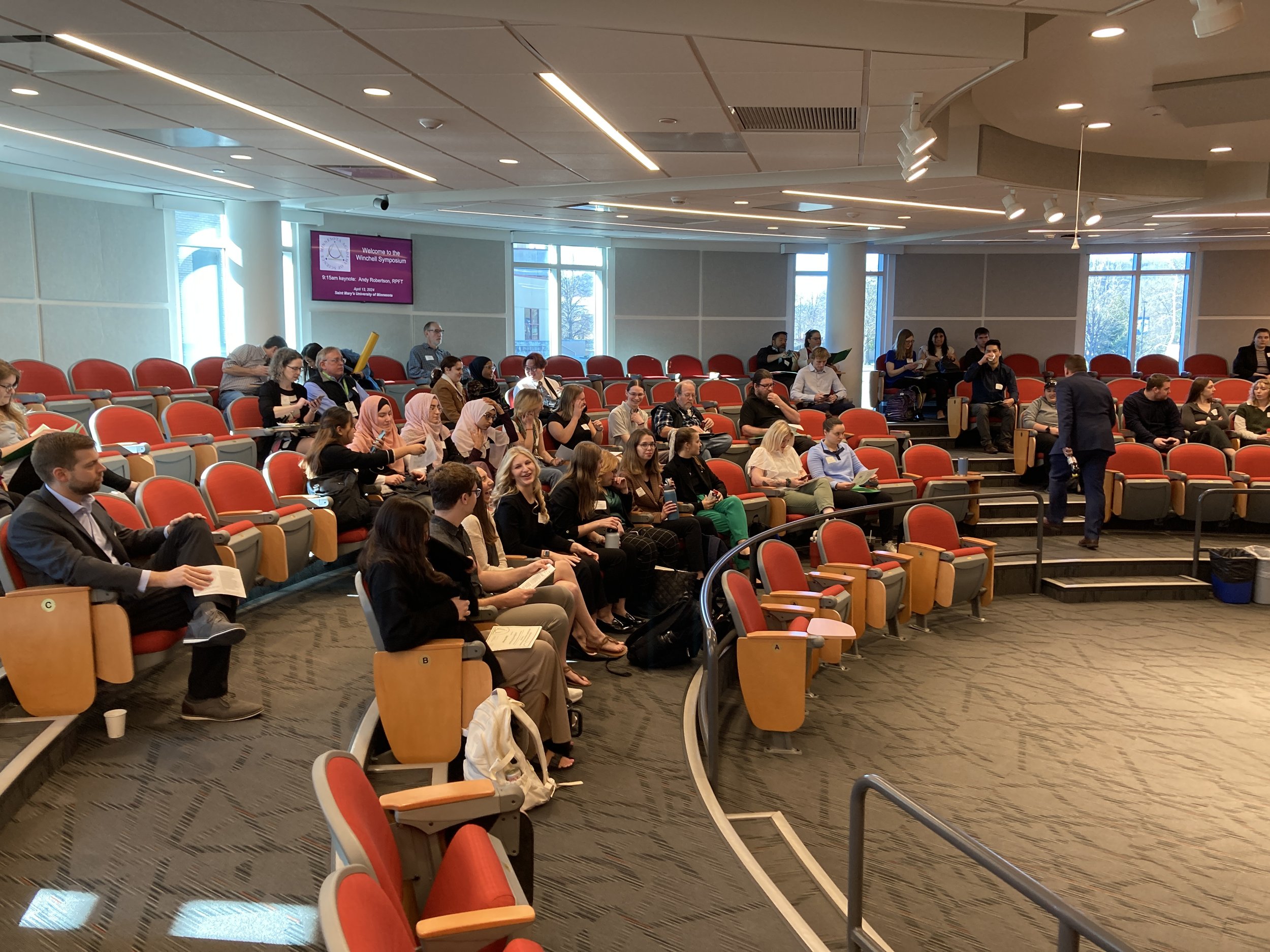IN THIS ISSUE: Implications of Racism Permeate STEM in Minnesota | STEM from Home Resources| Maplewood Nature Center Closes | Science Fair Spotlight: Ecolab Award Winners | MN STEM Institutions Respond to George Floyd's Death | Lara Maupin Named MAS Executive Director | MN STEM news and virtual events
Barriers to STEM training and career advancement exist for many Black, Indigenous, and other People of Color (BIPOC) in Minnesota as a result of systemic racism. We pledge to listen and learn, to help identify and dismantle barriers to STEM, and to look for new ways to open doors to STEM for all Minnesotans.
Please read our FULL STATEMENT regarding the death of George Floyd, our vision for STEM in MN, and what actions we plan to take. Would you like to join us as we explore new ways to support BIPOC students in Minnesota and those disproportionately impacted by COVID-19? Sign up to be a VOLUNTEER or mentor in the coming school year!
This newsletter includes a special focus on racism, diversity, and inclusion in STEM and what MN STEM organizations are doing to address these issues. You will find links to many resources, including our new STEM DIVERSITY RESOURCE PAGE. We look forward to working in partnership with you to build a more just and inclusive MN STEM community.
Sincerely,
Lara Maupin, Executive Director, Minnesota Academy of Science
Implications of Racism Permeate STEM in Minnesota
On Monday, May 25, George Floyd was killed by the police in Minneapolis. His tragic death and the widespread demonstrations that followed put a spotlight on systemic racism and injustices in Minnesota and throughout the United States. Subsequently, the American Public Health Association declared police violence as a public health crisis, further stating that "racism is an ongoing public health crisis that needs our attention now."
As Minnesotans seek to confront and address racial inequalities, scientific studies play an important role by demonstrating the insidiousness of unconscious bias and by highlighting the numerous detrimental health and psychological effects of systemic racism. In an article on social justice-centered science teaching, the National Science Teaching Association asserts "science education can be used to support more just, sustainable, and culturally thriving futures-especially for those who have historically been and continue to be disenfranchised from science."
Within the Minnesota STEM community, racial inequities persist. A Minnesota Compass report on STEM educational and workforce disparities in Minnesota concluded, "when we look at skills needed to meet current and future workforce requirements...we see alarming racial gaps that begin very early and persist to work careers. It is critical to the state's future well-being to increase STEM academic achievement and workforce participation of Minnesotans currently underrepresented in these areas."
Our new Minnesota STEM Diversity Resource webpage features:
local organizations that are reducing disparities in STEM
ways volunteer and donate
resources for students and families, STEM professionals, and educators
Want to learn more about race in Minnesota? Consider participating in the 2020 summer One Book, One Minnesota statewide book club featuring A Good Time for the Truth: Race in Minnesota. All Minnesotans are invited to participate and will have access to a free ebook, videos, reading guides, virtual book club discussions, and a statewide virtual discussion with the author.
For a more general resource, the Smithsonian National Museum of African American Culture and History's portal provides digital tools, online exercises, video instructions, and scholarly articles to help people talk about race. The online exhibit 'Race: Are We So Different?' probes the origins and manifestations of race and racism in everyday life by investigating race and human variation though the framework of science.
Minnesota STEM Institutions Respond to George Floyd's Death
Local STEM institutions have responded in a variety of ways to George Floyd's killing and the precipitating discussions of racism in our state.
Bakken Museum: "This is a moment for us to stop and listen to what our communities of color are saying, and have been saying for decades."
Bell Museum: "We recommit ourselves as a museum to participating in solutions to systemic inequities and serving as a catalyst for a more just future for everyone."
Nature Conservancy, Minnesota Chapter: "Our commitment to nature and people who rely on it requires us to speak up on racism. The Nature Conservancy envisions a world where people and nature thrive. That means everyone, including Black, Indigenous and all people of color. We must do more to build a better world for nature - and people."
Science Museum of Minnesota: "We need to fan the flames of change to address structural racism and our own biases."
Sierra Club, North Star Chapter: "If we want to create communities that are truly healthy, just, and equitable, we must continue fighting for the humanity and the dignity of all people. As a community, we must rise for justice and systems change."
Maplewood Permanently Closes Environmental Education Center
Citing budget constraints, officials in Maplewood, a first-ring suburb of St. Paul, have decided to close the 40-year old nature center and lay off environmental education staff. The Maplewood Nature Center was an important resource for eastern metro schoolchildren and adults to learn about and engage with nature.
"As our communities changed over time, the Center was a leader in extending environmental education and experiences to many diverse groups," Minnesota Master Naturalists wrote in a facebook post, "this is a great loss for the east metro area." The Center will be the second east metro nature center to shut down in a year, after Warner Nature Center closed in fall of 2019.
Science Fair Spotlight: Ecolab Award Winners
Ecolab, a global leader in water, hygiene and infection prevention solutions, sponsored the Green Award and the Food Safety Award at this year's Minnesota State Science and Engineering Fair (MSSEF). Each award conferred $700 and was given at both the high school and middle school levels. After viewing the virtual projects, judges from Ecolab commented "We were very inspired by your excellent work, execution and video presentations (and you taught us a few things too!) We are very proud of you and hope you all continue in your scientific endeavors!"
The Green Award high school winners are Pajntsha and Camille of St. Paul for the project Comparing Biodiesel and Diesel Carbon Dioxide Emissions: A Look Into Greener Fuel. The Green Award middle school winner is Calla of Bemidji for the project Green Tops - Hot or Not.
The Food Safety Award high school winner is Ahlaam of Eden Prairie for the project The Effect of Artificial Food Colors on the Release of Neurotransmitters within Model Organisms. The Food Safety Award middle school winner is Sriram of Stillwater for the project Residual Pesticides on Produce.
Congratulations to the students and huge thanks to Ecolab for sponsoring these important awards. Selected videos and photos from these projects are available on our MSSEF awards webpage.
Lara Maupin Hired as MAS Executive Director
The MAS Board of Directors Executive Director Search Committee is excited to announce that Lara Maupin has accepted the position of Executive Director! Lara has been the interim executive director of MAS for the past year. Lara brings extensive experience in the fields of education, writing, and nonprofit leadership.
"I am thrilled to have Lara step into the permanent role of Executive Director," states Vice-President of the Board of Directors Joanna Klein, "as interim director for the past year, she did a tremendous job of leading the organization. She demonstrated well-honed administrative skills, fostered positive personal interactions among all constituents, modeled a flexible, agile and can-do attitude surrounding necessary changes to our signature events due to the pandemic and has many forward-thinking ideas to strengthen MAS. I am excited for the future of STEM education in Minnesota and the role that MAS plays in it!"
Minnesota STEM News
Engineering: Innovative snowblower design wins the IDEA Competition, a program of the Northwest Minnesota Foundation.
Wildlife Biology: DNR seeks volunteers for Minnesota Loon Monitoring Program in late June and early July.
Ecology: Communities in Northern Minnesota work to stop the spread of invasive garlic mustard.
Information Science: UMN-Twin Cities team visualizes the hidden histories of race and privilege in Hennepin County.
Public Health: UMN-Twin Cities School of Public Health researchers propose action steps to address racial disparities in long-term care facilities during the COVID-19 pandemic.
Mathematics: Bemidji State University mathematics department awarded a large grant to aid in alleviating a shortage of qualified math teachers in Northern Minnesota.
Climatology: Rochester reporter summarizes Minnesota's notable historical 'mega rainfall' events.
Geochemistry: Researchers at UMN-Duluth's Natural Resources Research Institute summarizes and analyzes the history of metals throughout the Great Lakes.
Wildlife Biology: UMN-Twin Cities researcher finds that inconsistent calling complicates mate selection in Cope's gray tree frogs.
Ecology: Minnesota Invasive Terrestrial Plants & Pests Center highlights pervasiveness of terrestrial invasive species.
Engineering: UMN-Duluth's Natural Resources Research Institute helps Iron Range modernize with new, more efficient rock crushing technology.
Hydrology: Legacy of the Lakes Museum presentation explores hydrology in Minnesota.
Genetics: UMN-Twin Cities researcher outlines a new plant gene editing technique to improves speed, scalability and heritability.
Virtual STEM Events
Virtual exhibit of art of professional naturalist Laurel Sundberg, Chanhassen Library, through June
Conserving Bumble Bees in our Natural Areas, Natural Areas Association, June 30
Team Teaching with Mother Nature, Jeffers Foundation, June 29 - July 1
Food Justice: Open Space Technology, University Of Minnesota Extension, July 7
Deciphering the Cell Cycle, Science/AAAS Custom Publishing Office, July 8
Great River Educator Workshop (Part I), Mississippi Park Connection, July 8
Advanced Bird Banding - Identifying by Species and Sex, Wolf Ridge Environmental Learning Center, July 9
Efficient Buildings, Fresh Energy, July 9
Seed Saving 101, Minnesota State Horticultural Society, July 14
Lunch with a Scientist: Bison, Cedar Creek Ecosystem Reserve, July 14
Summer Social and Entrepreneur Market Place, Techquity, July 15
Advanced Bird Banding - Aging Birds, Wolf Ridge Environmental Learning Center, July 15
Great Lakes and the Human Connection Workshops for Educators, Center for Great Lakes Literacy, beginning July 15
Waters to the Sea Mississippi River Institute, Hamline University Center for Global Environmental Education, July 20 - 22
STEM Experience for Youth, Techquity, July 20-24
Solar System to Cosmos Virtual Astronomy Workshop for students and teachers, National Earth Science Teacher's Association, July 20 - 24
Northern Long-eared Bat and Canada Lynx Management and Monitoring on the Superior National Forest, Sustainable Forests Education Cooperative, July 21
Cultural Competency Training, Minnesota Education Equity Partnership, July 22 and 23
Summer Institute for Climate Change Education, Climate Generation, July 22-24
National Science Teaching Association Virtual Conference, July 27-30
Computer Science Discoveries Workshop for Teachers, Twin Cities Public Television, July 27 - 31
Materials Camp for Teachers, ASM Materials Foundation, July 27 - 31
STEM from Home Resources
While many public Minnesota science experiences are closed due to COVID-19, there are still lots of great ways to include STEM in your life. Here's a selection from our STEM from Home resources page, visit our website for many more ideas!
3M Science at Home: These simple, at-home experiments conducted by 3M scientists use common household items and are designed to reinforce core scientific principles.
FalconCam: Cameras at the Boswell Energy Center near Cohasset and the Hibbard Renewable Energy Center in Duluth provide a closer look at the life of peregrine falcons, the fastest raptors on the planet.
Biology coloring pages from Arizona State University: Dozens of high quality coloring sheets on topics such as animals, anatomy, biomes, birds, cells, insects, plants, and bugs.
Research Spotlights: Peruse numerous short videos highlighting recent research achievements from the University of Minnesota's College of Science and Engineering.
Trumpeter Swan Tracking: Report sightings of Trumpeter Swans to a UMN-Twin Cities project evaluating annual movements including migration flyways, timing and duration of migration, and the role of molt migration as well as resource use and habitat selection.
Smithsonian Digital Volunteers: Become a Smithsonian Digital Volunteer and help make historical documents and biodiversity data more accessible. A current project of note is an effort to transcribe a collection of material gathered by Sally Ride over the course of her life.
Our website, facebook, and twitter are full of many more ways to incorporate STEM into your life!













